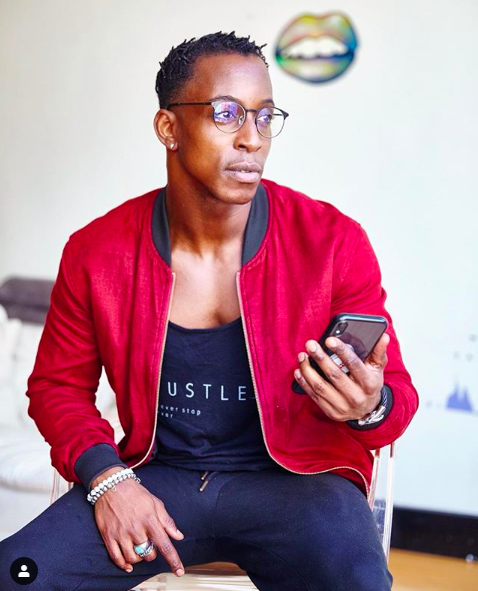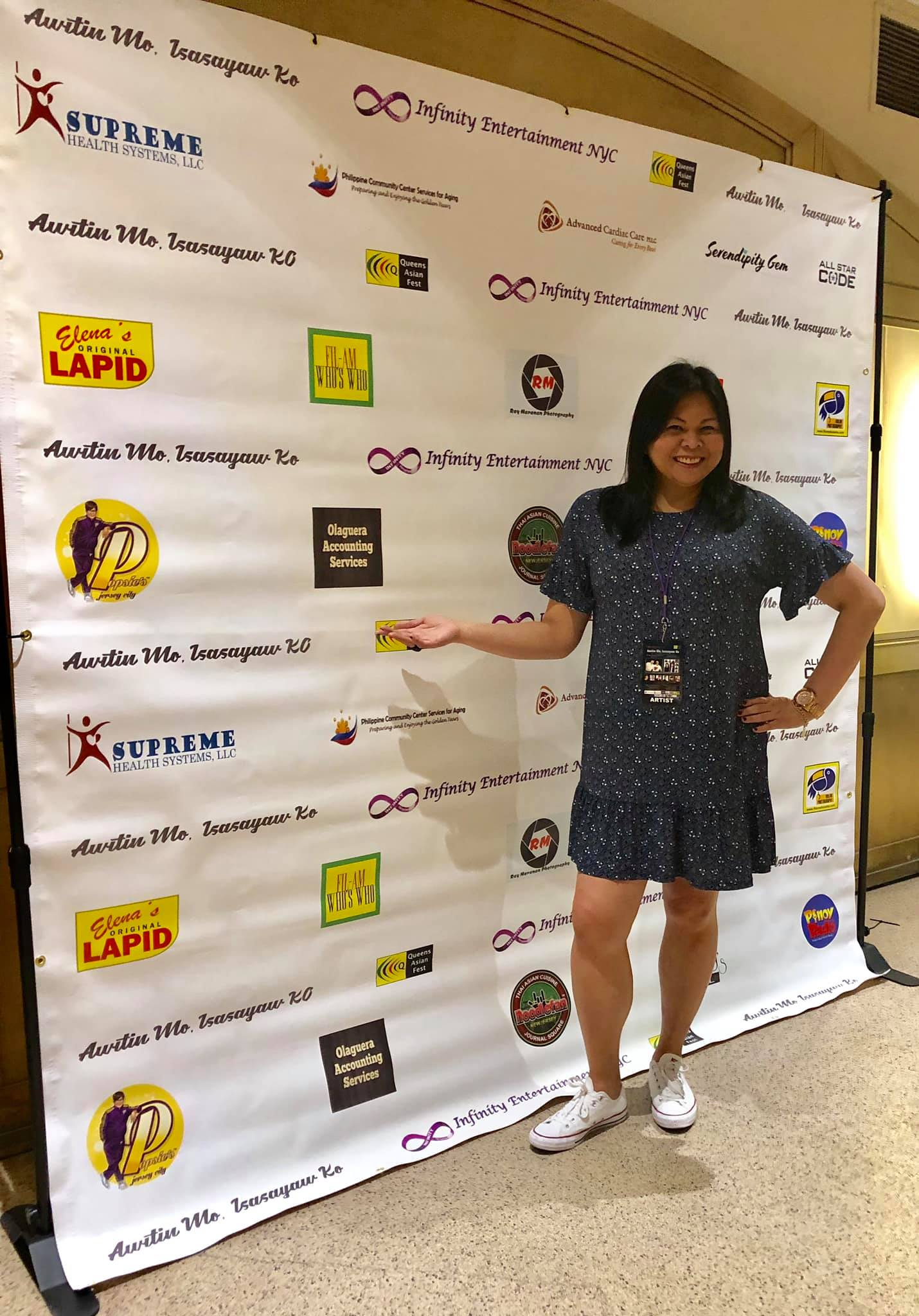We were in the subway on our way to dinner when my best friend Brandon reminded me of a particular habit both him and I have had for years. “Don’t tell anyone where you’re applying to,” he said, knowing that I’m looking for a job. It wasn’t due to competition. “Or else you’ll get all these questions.”
I just graduated from Columbia University’s Graduate School of Journalism that day. It has been a rigorous and grueling 10 months. Though I feel fulfilled and joyful, I still had no job offers.
Ergo, my blessed situation invited questions about my career goals and future direction, which came in droves (and are still coming): “How’s the job hunt going?” “What’s next for you?” “What are your plans?”
It’s the persistent inquiry on private life and the feeling that it could be “jinx” are reasons my best friend and I have insisted on maintaining the habit of not sharing our goals with anyone. It may well be a superstition, but it turns out, the question on whether it’s helpful to disclose your goals publicly or not leads to some interesting answers.

In 2009, New York University Professor Peter Gollwitzer and his colleagues published a study in the journal Psychological Science that revisited the goal setting theories of Kurt Lewin, the father of social psychology, and proposed “that social recognition of an identity-relevant behavioral intention may have negative effects on its enactment.”
Simply put: our ability to work towards our goals (something personal to us thereby identity relevant) is compromised when we disclose them to others because the response (social recognition) we get by doing so is interpreted by our minds that we have already realized our “intention” (the goal).
Derek Sivers, in a TED talk titled “Keep your goals to yourself” explained Gollwitzer and company’s experiment that led to their conclusion:
“It goes like this: 163 people across four separate tests. Everyone wrote down their personal goals. Then half of them announced their commitment to this goal to the room, and half didn’t,” Sivers explained. The experiment gave everyone 45 minutes to work on their goal. Sentiments between those didn’t share their goals and those who did varied after the experiment. Those who didn’t announce their objective said they feel there’s still a long way to go to fulfill the task, while those who announced said they feel closer to achieving the task. They also differed on effort, those who did not publicly disclose their aim exerted more effort that those who did.

This is why Sivers, who has started two companies and wrote two books, advised the audience to resist the temptation to announce their goal. “You can delay the gratification that the social acknowledgment brings,” Sivers said, “and you can understand that your mind mistakes the talking for the doing.”
However, the TED speaker did acknowledge that to keep mum on what you hope to achieve contradicts the celebrated concept of accountability.
Entrepreneur Thomas Oppong said that having an accountability system of sort helps “increase the odds of reaching your goals by 95%” citing a study by the American Society of Training and Development. He recommends choosing your spouse or a reliable friend to share what your goal is and its significance. He even suggests blogging about your goals and publicly sharing progress reports.
“When you are accountable to someone or a group of people for doing what you said you would do, you can easily get stuff done,” Oppong wrote on Medium, “because you engage the power of social expectations.” He said that when you have a goal but tell no one about it, “you are less likely to do it.”
Shaka Smith is a fitness model, actor and podcast host who received his law degree at George Mason University after he completed undergraduate studies in politics at Princeton. However, by the time he finished law school, he wanted to become an actor. He thought people will think he’s absurd for wanting to be in Hollywood after all the effort and resources he invested in academics. “I’m a huge believer in energy,” he said, and thus did not want to share publicly what he hopes to do next to avoid negative comments. “There was a certain point for me though that sharing my goal to people became essential to motivating me,” Smith said.
He felt he was stalling by not telling anyone he wants to move West to pursue acting. “When I started telling people about it, things aligned.” He made the big move shortly after graduation. According to Smith, making his dream public made it real for him.
Jeliza Olaguera, a friend who I’ve known for a decade has been an achiever throughout her financial career. She’s a former country manager for a foreign bank in the United Kingdom and an alumna of the most prestigious accounting firm in the Philippines. She graduated with honors when she received her MBA and now works as a financial manager at a hospitality firm and runs two small businesses on the side.
“My goals are realized sooner when I tell it to Charlie (her boyfriend),” she said. “I feel pressured to make it happen because I told it to someone.” She also says Charlie encourages her to pursue her goals, which only helps.
Goal theories suggest that a multitude of variables are involved on how a goal is attained: the specificity of the task, the incentive to accomplish it, the motivation and commitment level of the individual or team working towards the goal, and the environment are but several factors. No one approach fits all, though self-control and determination to actually get it done are primary drivers on how a goal evolves to a fulfilled aspiration.

In 2014, in a play of both circumstance and opportunity, I decided to move back to the Philippines after living in New York City for seven years. But I told Brandon I would apply to the Columbia Journalism School at some point to get my master’s. Only him and two other friends knew of such a goal.
The day of my flight five years ago, Brandon gave me a going-away present which he purchased from the Columbia University bookstore— a Columbia hoodie and cap. While I was living in Manila, he and I would talk over the phone on weekends and would occasionally discuss my plan to attend graduate school. I finally submitted an application in Dec. 2017 and was admitted to Columbia shortly after.
Just before my program in Columbia started,I finally saw my best friend again in Jul. 2018 after four and a half years. And on May 22, less than a month ago, that goal to get my master’s was achieved and Brandon was there to witness it as he watched me walk across the stage and shook the dean’s hand.


